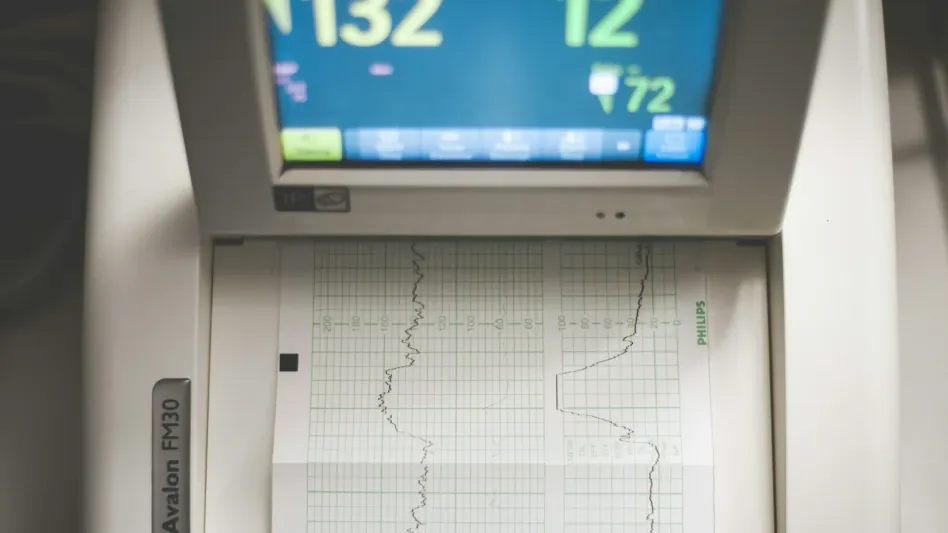Recent advancements and updates in healthcare tracking technologies have ignited significant legal disputes and regulatory considerations, particularly in relation to the Health Insurance Portability and Accountability Act (HIPAA). These developments have raised crucial questions about how healthcare entities interpret and comply with HIPAA regulations when using online tracking tools on their platforms. The intersections of technology, privacy, and healthcare law continue to evolve rapidly, leading to critical legal challenges and clarifications.
The OCR’s Cautionary Bulletin
In December 2022, the Office of Civil Rights (OCR) published a bulletin that firmly advised healthcare entities and their business associates to tread carefully with the use of online tracking technologies on their websites and mobile applications. According to the guidance, data such as medical record numbers, email addresses, appointment dates, IP addresses, and geographic locations collected through these platforms qualifies as individually identifiable health information (IIHI) under HIPAA. This classification holds true even if there is no direct patient relationship with the entity collecting the information and regardless of whether the data includes explicit treatment or billing details.
Legal Backlash and Clarifications
Hospitals’ and Associations’ Reactions
The stringent stance detailed in the 2022 bulletin led to immediate backlash, marked by lawsuits initiated by multiple hospitals and the American Hospital Association. These entities contended that the OCR overstepped its bounds by effectively engaging in rulemaking without adhering to the necessary administrative procedures, including providing adequate notice and facilitating commentary from affected parties. The primary point of contention revolved around whether HIPAA should apply to data collected from unauthenticated webpages open to the public, given the bulletin’s broad definition of personal health information.
Issuance of a Corrected Bulletin
Responding to the legal disputes and industry pressure, the OCR released a corrected bulletin in March 2024. This revision sought to offer clearer guidelines, stating that IIHI obtained from unauthenticated webpages does not constitute personal health information unless the data collected pertains to an individual’s health or healthcare payments. The OCR illustrated this distinction with examples: the data’s status could vary based on whether a student was conducting academic research on a hospital’s website or a patient was seeking medical consultation. The clarification aimed to offer a more precise boundary for when online tracking constitutes a HIPAA violation.
Ongoing Criticisms and Legal Battles
Persistent Industry Concerns
Despite the OCR’s efforts to clarify the regulations, significant criticisms persisted within the healthcare industry. Key concerns centered around the practical difficulties of healthcare entities discerning the intent behind visitors accessing their unauthenticated webpages. Entities highlighted the complex challenge of accurately determining whether users were merely perusing information or seeking healthcare advice, making compliance with the refined guidelines a formidable task.
Judicial Interventions
In June 2024, a U.S. District Court judge delivered a pivotal ruling by overturning specific portions of the 2024 bulletin. The judge ruled that the OCR had unlawfully extended the definition of IIHI, based on the subjective motivations of individuals visiting unauthenticated webpages. Although the government initially filed an appeal, it eventually withdrew, leaving the ruling as an influential yet non-binding precedent. This outcome bolstered the grounds for pending class-action lawsuits against hospitals, which progressed under various legal frameworks, including state privacy laws and Federal Trade Commission regulations.
Complexity of Balancing Privacy and Technology
Assessing HIPAA Compliance with Evolving Technology
The continuous evolution of online tracking technologies presents an enduring challenge for healthcare entities striving to align with HIPAA regulations. The OCR underscored its commitment to diligently investigate how these technologies impact compliance with HIPAA. This commitment encompasses identifying, assessing, and mitigating risks to electronic protected health information (ePHI) to safeguard patient privacy. However, entities remain cautious as they navigate the intricate legal landscape shaped by OCR regulations, judicial rulings, and ongoing legal disputes.
Moving Forward: Future Considerations
The intersection of healthcare privacy and online tracking technologies illustrates the urgent need for healthcare entities to remain vigilant and adaptive. As technologies evolve, so do the associated risks and regulatory requirements. Entities are urged to carefully monitor developments, invest in robust compliance programs, and engage legal and cybersecurity experts to ensure adherence to HIPAA regulations. By doing so, they can better protect patient privacy in an increasingly digital health landscape.
Conclusion
Recent advancements and updates in healthcare tracking technologies have sparked notable legal disputes and a broad range of regulatory considerations, particularly related to the Health Insurance Portability and Accountability Act (HIPAA). As these technologies evolve, they prompt essential questions regarding the interpretation and compliance of HIPAA regulations by healthcare entities when utilizing online tracking tools on their platforms. The intersection of technology, privacy, and healthcare law is developing swiftly, resulting in significant legal challenges and clarifications. These ongoing developments have placed a spotlight on how healthcare organizations not only understand HIPAA but also integrate technological tools within the constraints of these privacy regulations, striving to maintain patient confidentiality while embracing innovation. This dynamic landscape continues to fuel discussions and potentially reshape the legal framework within which healthcare providers operate.









